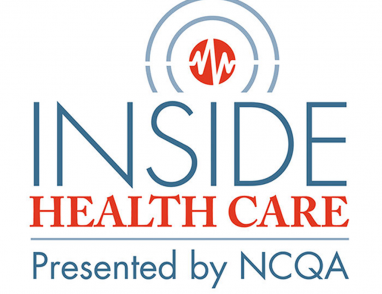The Stark Law: Waivers for Quality
August 23, 2018 · NCQA Communications
“Value over volume.” NCQA promotes it. We have for a very long time. It’s why you hear us talk so much about common sense health objectives like Accountable Care Organizations (ACOs), and other Alternative Payment Models that reward the value.
Yet, there are some regulatory relics that can slow the march of the value mission. The Ethics in Patient Referral Act of 1989 is an example of this. Commonly known as the “physician self-referral law” or the Stark Law, it doesn’t necessarily line up with the value-over-volume mission as well as it should.
That’s what we told Centers for Medicare & Medicaid Services (CMS). We hope you will follow our lead and send CMS a similar message.
Some History
Congress put the Stark Law in place nearly 30 years ago. That’s when fee-for-service was the dominant payment model for most doctors and practices – where the “volume” approach to health care was the standard. It responded to a serious concern that fee-for-service could encourage unnecessary services for which the doctor would be paid (self-referral). Congress knew that unnecessary care can be costly and can cause real harm to patients.

We know that self-referral remains a genuine concern in fee-for-service systems—but the Stark Law addresses a problem that’s disappearing with the emergence of value-based models.
In 1989, the new law restricting self-referrals made sense. Today—in a value environment—not so much. Times are changing, and the Stark Law’s application to the emerging, value-based standard should change, too.
What Needs to be Done
In value-based care, practices and providers need every tool available to improve quality and control costs. They stand to lose if they don’t, and because value-based payment models put clinicians on the hook for unnecessary spending they greatly diminish concerns about unnecessary care. Self-referral in value-based models could even encourage better continuity and care coordination for their patients. That’s why we want CMS to consider waivers for some organizations.
We urged CMS to provide waivers for alternative payment models that place providers at risk for cost and quality.
Of course, waivers should not be given out loosely—CMS should carefully consider them on a case-by-case basis and monitor each case over time for unintended consequences.
Bundled payment models, for example, have the potential to be abused, as providers are paid a single payment for all the services performed. Providers can simply increase the number of bundles by giving them to patients who don’t need them. For these kinds of models, waivers should only be given to cases that meet specific standards.
We still believe that self-referral should be limited and regulated by careful oversight, but it is important to recognize when a law needs some maintenance—an upgrade. The Stark law is a good law. It just needs a little tune up!








